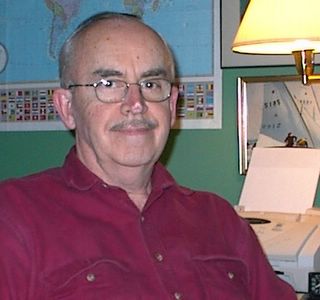Those were the days
"I believe in an America where the separation of church and state is absolute--where no Catholic prelate would tell the President (should he be Catholic) how to act, and no Protestant minister would tell his parishoners for whom to vote--where no church or church school is granted any public funds or political preference--and where no man is denied public office merely because his religion differs from the President who might appoint him or the people who might elect him."...
"For while this year it may be a Catholic against whom the finger of suspicion is pointed, in other years it has been, and may someday be again, a Jew--or a Quaker--or a Unitarian--or a Baptist. It was Virginia's harassment of Baptist preachers, for example, that helped lead to Jefferson's statute of religious freedom. Today I may be the victim- -but tomorrow it may be you--until the whole fabric of our harmonious society is ripped at a time of great national peril."
"Finally, I believe in an America where religious intolerance will someday end--where all men and all churches are treated as equal--where every man has the same right to attend or not attend the church of his choice--where there is no Catholic vote, no anti-Catholic vote, no bloc voting of any kind--and where Catholics, Protestants and Jews, at both the lay and pastoral level, will refrain from those attitudes of disdain and division which have so often marred their works in the past, and promote instead the American ideal of brotherhood.
"But let me stress again that these are my views--for contrary to common newspaper usage, I am not the Catholic candidate for President. I am the Democratic Party's candidate for President who happens also to be a Catholic. I do not speak for my church on public matters--and the church does not speak for me."
"Whatever issue may come before me as President--on birth control, divorce, censorship, gambling or any other subject--I will make my decision in accordance with these views, in accordance with what my conscience tells me to be the national interest, and without regard to outside religious pressures or dictates. And no power or threat of punishment could cause me to decide otherwise."
"But if the time should ever come--and I do not concede any conflict to be even remotely possible--when my office would require me to either violate my conscience or violate the national interest, then I would resign the office; and I hope any conscientious public servant would do the same."
"But I do not intend to apologize for these views to my critics of either Catholic or Protestant faith--nor do I intend to disavow either my views or my church in order to win this election."
John F. Kennedy







0 Comments:
Post a Comment
<< Home